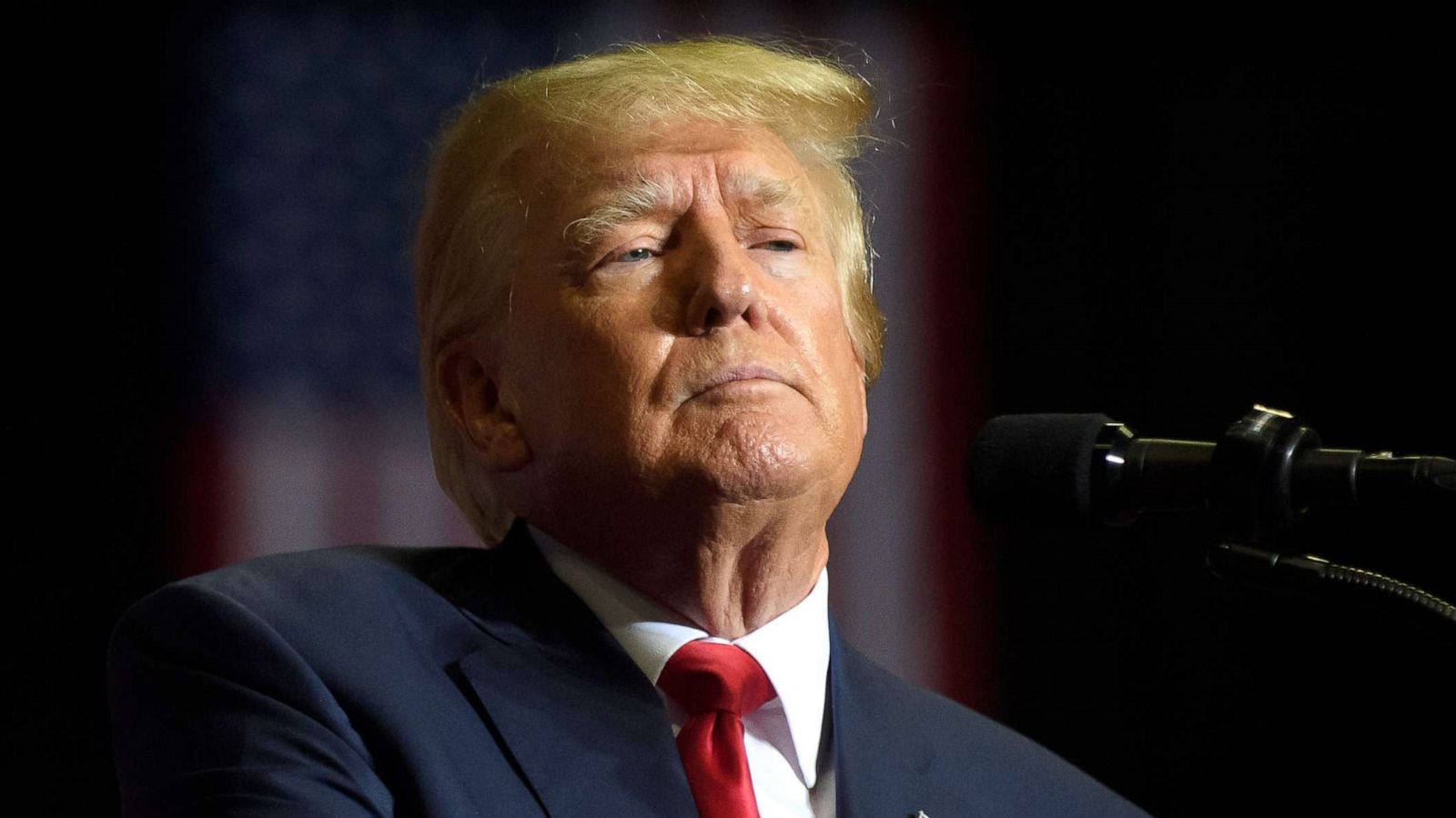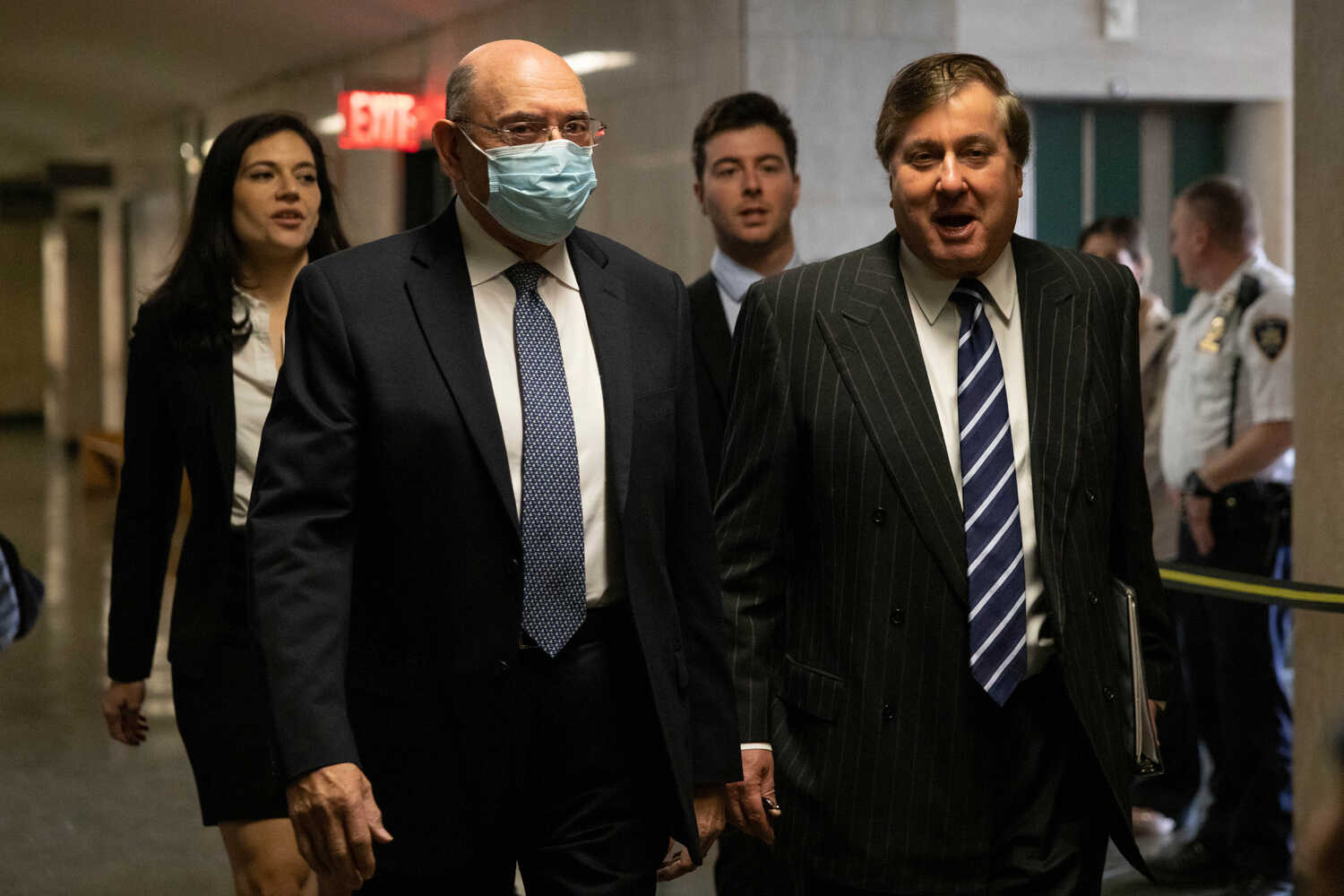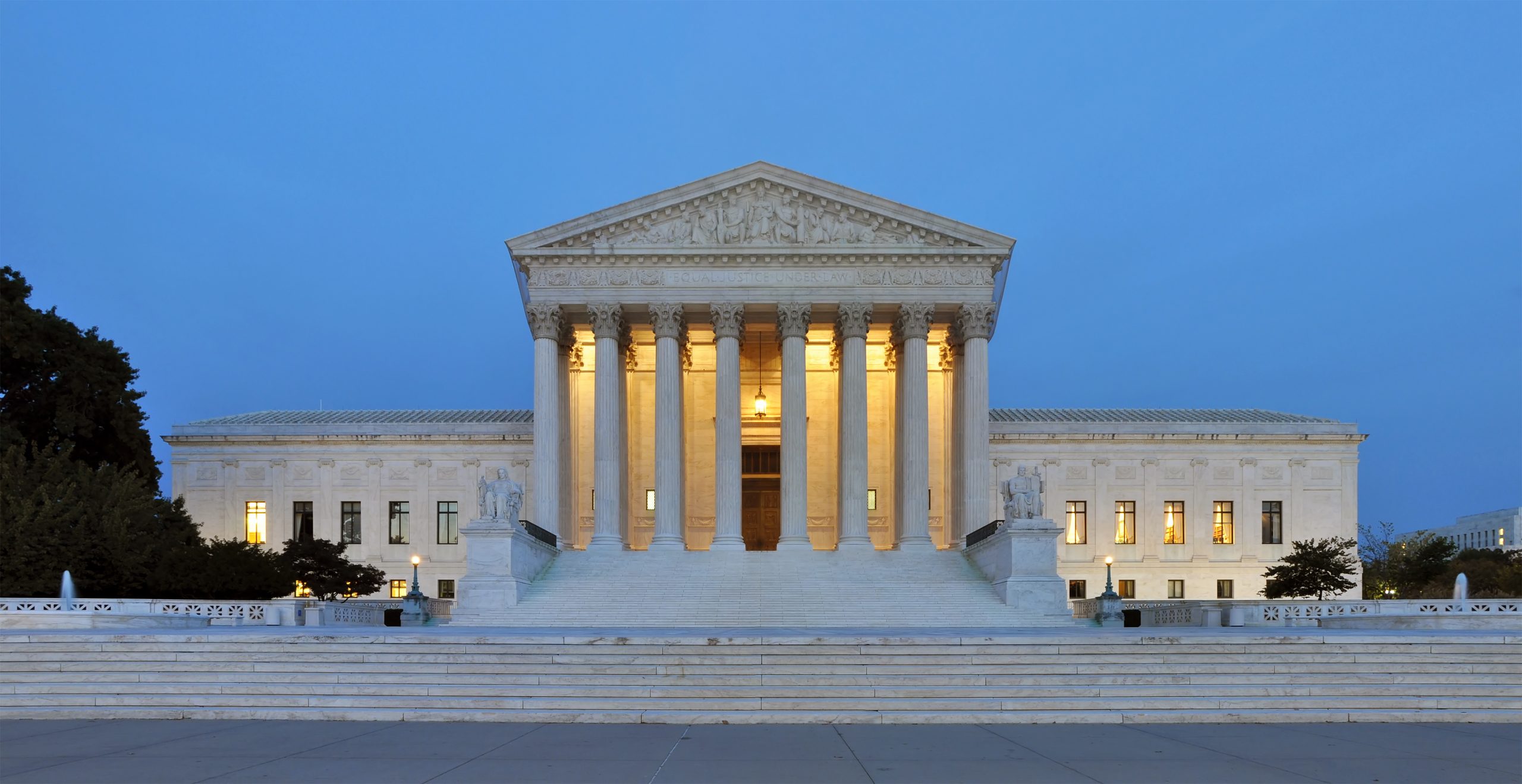Trump suffers a double loss at the end of a difficult court day
Republican-appointed appeals court justices appeared unimpressed by his most recent attempt to derail the Mar-a-Lago classified documents lawsuit. A New York judge scheduled the $250 million fraud case against Donald Trump, three of his children, and his organization for trial in October 2023, just before the Republican primary season. Sen. Lindsey Graham, a supporter of Trump who made false claims of election fraud in 2020, testified before a Georgia grand jury looking into the former president’s alleged attempt to steal the election.
Given Trump’s extensive legal exposure and propensity to use the courts’ slow decision-making process to delay accountability, it’s not uncommon for him to struggle on the same day in multiple instances that are concurrently pending.
However, Tuesday’s developments marked the first time since he announced his third candidacy for the Republican presidential nomination last week that the legal tangle and danger that surround him had come into sharp relief. It’s the first test of whether the tumultuous courtroom peril he faces on several fronts will hinder his ability to run a credible campaign and deter GOP primary voters from supporting someone else.
The former president’s long-running attempt to hide his tax returns ended in a stunning Supreme Court defeat:
Tuesday’s events show two steadfast Trump legal methods may start to break down, including the papers case and the likelihood that Democrats will soon obtain Trump’s tax returns. These events come weeks before Republicans assume control of the House. The first is his assertion that he should be treated differently by the law than ordinary Americans because he was a former president. The second is that his “delay, delay, delay” strategy might be losing its effectiveness. However, the former president has consistently maintained a distance from controversies that may have brought down other politicians. And he will undoubtedly use recent developments in the cases to support the idea of persecution at the heart of his new campaign for the White House.
Trump reaches a dead end in his tax dispute One of the first indications of Trump’s determination to defy convention was his refusal to follow tradition. During the 2016 election, he didn’t release his tax returns to the general public. Therefore, the Supreme Court’s decision to uphold the IRS’s release of his tax records to the House Ways and Means Committee represented a significant political setback as well as a personal one for him.
The Democratic leadership of the committee argues that the returns should be used to assess whether it is necessary to change the tax laws that are applicable to presidents who are currently in office. It could be problematic if there were any potential hidden conflicts of interest or liabilities owed by presidents, as well as skipped or underpaid on such forms, given that a chief executive has the power to choose tax laws. The committee had been given permission to view the returns by the legislature, a lower court had previously determined. But it’s unclear how much time Democrats would have to review the returns or perhaps change the law with just a few weeks left before Republicans take control of the House.
The materials were covered by privacy safeguards, Rep. Lloyd Doggett, a Texas Democrat who serves on the committee, told CNN’s Erin Burnett on Tuesday. The time pressure present, he added, “creates an additional reason to consider doing that.” However, he also noted that the panel did have the option of making the documents publicly available.
Massachusetts Democrat Richard Neal, chairman of the House Ways and Means Committee, stated that the Supreme Court had upheld a crucial standard regarding the case’s substance.
The committee’s top Republican, Rep. Kevin Brady of Texas, issued a warning, saying that by resigning, the court had established a precedent that would make it impossible for anyone to be protected from a majority political party.
Brady said in a statement that “they are unleashing a deadly new political battleground where no American is secure.” By essentially giving the majority party in either chamber of Congress near-unlimited authority to pursue and make public the tax returns of political rivals, including public officials, private individuals, and even Supreme Court judges.
Papers case appeal: bad omens for the former president
Trump’s other major setback involved the Mar-a-Lago documents case, where the important protections the former president had obtained from a judge in a lower court in Florida now seem to be in jeopardy. For possible obstruction of justice, criminal handling of official documents, and violations of the Espionage Act, which forbids the unauthorized storage of sensitive national defense information, the DOJ is looking into the former president.
The 11th Circuit Court of Appeals’ three-judge panel expressed skepticism toward Trump’s justifications for why he should be granted access to a special master to comb through the roughly 22,000 pages of documents taken from his Florida resort. Whether Trump, as a former president, is entitled to the kind of judicial intervention that, if widely used, could delay countless routine legal cases involving other Americans, is a key question at stake in this case.
Judge William Pryor, the chief of the appellate court, questioned some of Trump’s claims in a statement that was widely noted by legal analysts.
Pryor said to Trump attorney James Trusty, “We’ve got to be concerned about the precedent that we would create that would allow any person who is the subject of a federal criminal investigation to go to the district court and have a district court entertain this kind of petition, exercise equitable jurisdiction (that allows a court to intervene), and interfere with the executive branch’s ongoing investigation.
During the arguments, Pryor said to Trusty, “Other than the fact that this includes a previous president, everything else about this… is indistinguishable.
Trusty was reprimanded by Britt Grant, another judge, for using the term “raid” to describe the FBI’s search of Trump’s property, as the former president has frequently done.
They would essentially be stating that Judge Cannon never should have exercised jurisdiction in the first place because she lacked that authority, according to Goodman.
Any such action could considerably expedite the case of the documents, which last week saw Attorney General Merrick Garland appoint a special counsel to lead.






